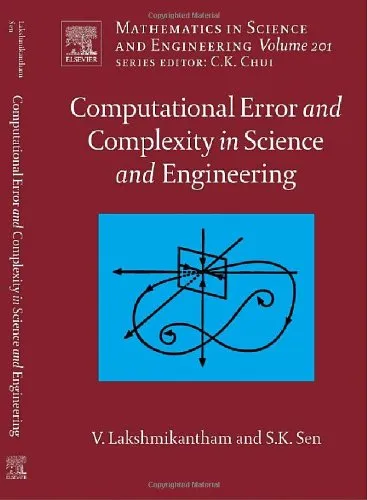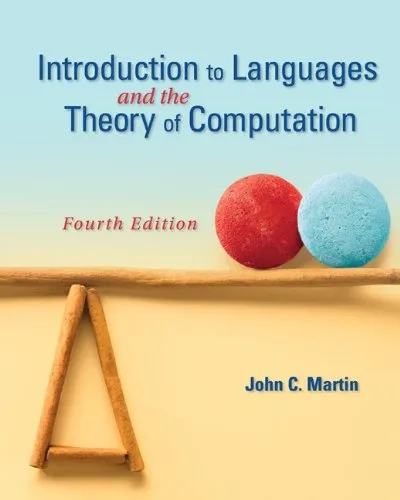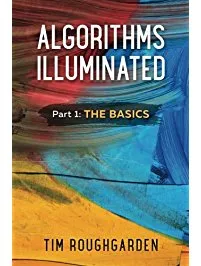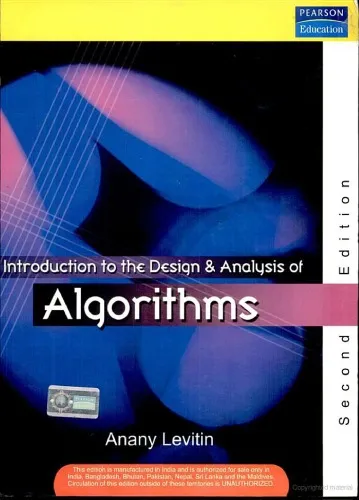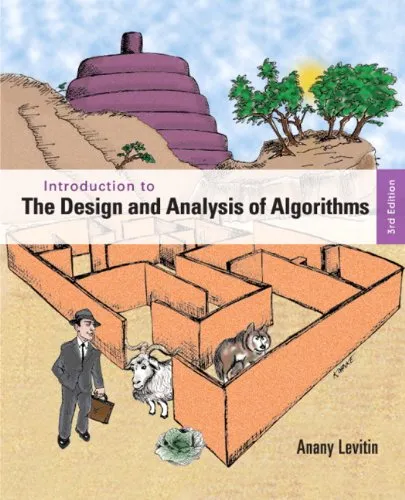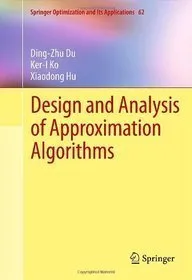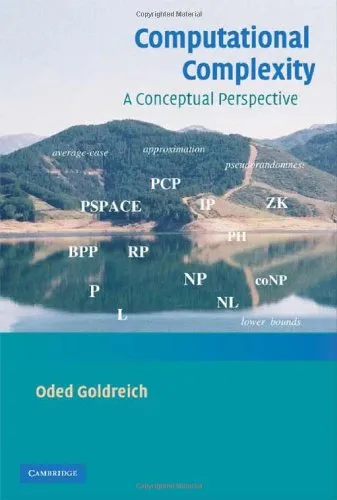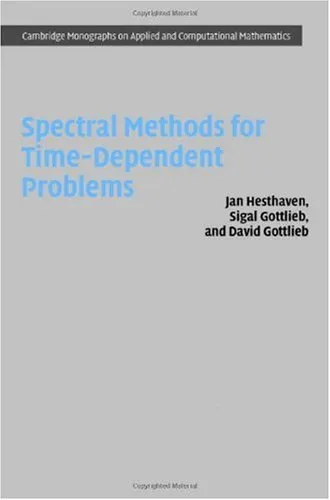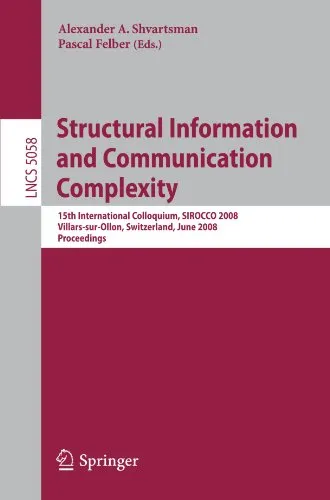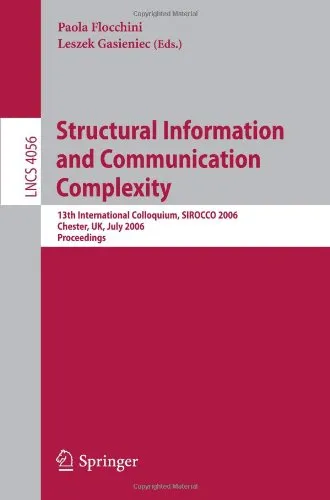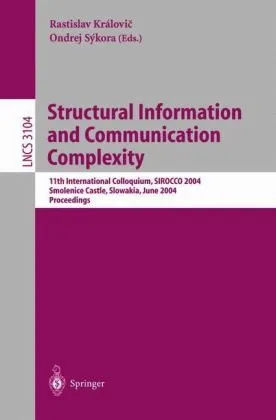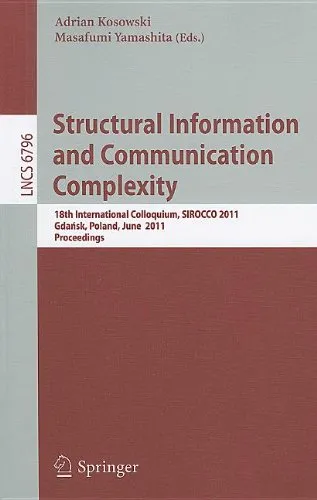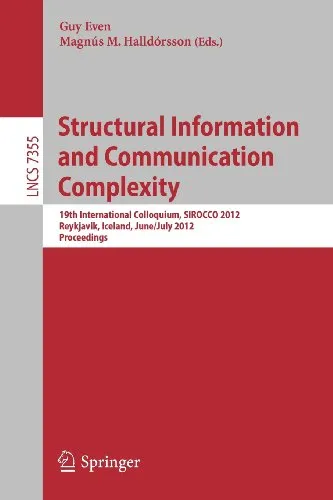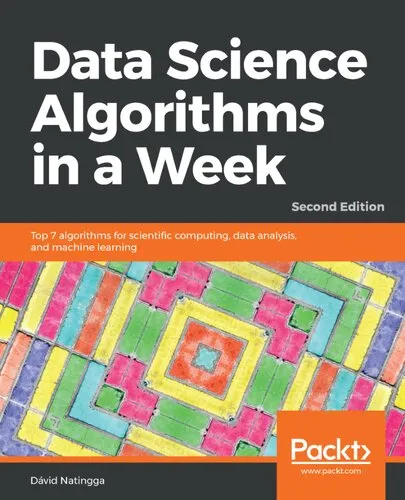Computational Error and Complexity in Science and Engineering
4.3
Reviews from our users

You Can Ask your questions from this book's AI after Login
Each download or ask from book AI costs 2 points. To earn more free points, please visit the Points Guide Page and complete some valuable actions.Related Refrences:
Introduction
Welcome to "Computational Error and Complexity in Science and Engineering", a pivotal text that delves into the intricacies of computational challenges encountered in scientific and engineering disciplines. This book is crafted to serve as a comprehensive guide, for both academics and professionals, unraveling the complex interplay of computational errors and the complexity of algorithms. It is woven with a blend of theoretical insights and practical applications, ensuring readers gain a holistic understanding of the subject.
Detailed Summary of the Book
The world of science and engineering is driven by precision, yet it is fraught with computational errors that can undermine the reliability of results. This book provides an in-depth exploration of computational errors, categorizing them into round-off errors, truncation errors, and algorithmic errors. It explains how these errors arise from the limitations of numerical precision and computational techniques. Furthermore, it delves into algorithm complexity, emphasizing how the efficiency of algorithms can impact error propagation and control in complex systems.
Theoretical concepts are elaborately discussed with illustrative examples and mathematical formulations. The book addresses the interplay between computational inaccuracies and computational complexity theory, offering strategies to minimize errors without substantially increasing complexity. Topics such as error analysis, numerical algorithm design, and performance evaluation are meticulously covered.
Through an array of case studies, the book demonstrates the impacts of computational errors in fields such as fluid dynamics, material sciences, and structural engineering. Readers will find a blend of traditional techniques and modern approaches, equipping them with knowledge to tackle computational challenges effectively.
Key Takeaways
- Comprehension of different types of computational errors and their sources.
- Understanding the relationship between computational errors and algorithmic complexity.
- Strategies to control and minimize computational errors in scientific computations.
- Insights into how computational errors affect various scientific and engineering domains.
- Practical applications and case studies that illustrate real-world implications.
Famous Quotes from the Book
"In the realm of computation, precision is paramount yet perpetually elusive, necessitating a meticulous balance of theory, tools, and tactics."
"Understanding complexity is not merely an academic endeavor but an essential proficiency for innovation and problem-solving in engineering."
Why This Book Matters
"Computational Error and Complexity in Science and Engineering" holds significant importance as it bridges a critical gap in understanding computational errors' intricacies and algorithm complexity in scientific contexts. As science and technology advance rapidly, precision in computations has never been more vital. This book equips scientists, engineers, and students with the knowledge and frameworks necessary to enhance the reliability and accuracy of computational practices.
In an era where data and computations underpin breakthroughs across disciplines, the insights offered in this book empower readers to not only comprehend and mitigate common computational pitfalls but also innovate with confidence. It is an indispensable resource for those striving to push the boundaries of what is computationally feasible, ensuring outcomes are both theoretically sound and practically valuable.
Free Direct Download
You Can Download this book after Login
Accessing books through legal platforms and public libraries not only supports the rights of authors and publishers but also contributes to the sustainability of reading culture. Before downloading, please take a moment to consider these options.
Find this book on other platforms:
WorldCat helps you find books in libraries worldwide.
See ratings, reviews, and discussions on Goodreads.
Find and buy rare or used books on AbeBooks.
1463
بازدید4.3
امتیاز0
نظر98%
رضایتReviews:
4.3
Based on 0 users review
Questions & Answers
Ask questions about this book or help others by answering
No questions yet. Be the first to ask!
